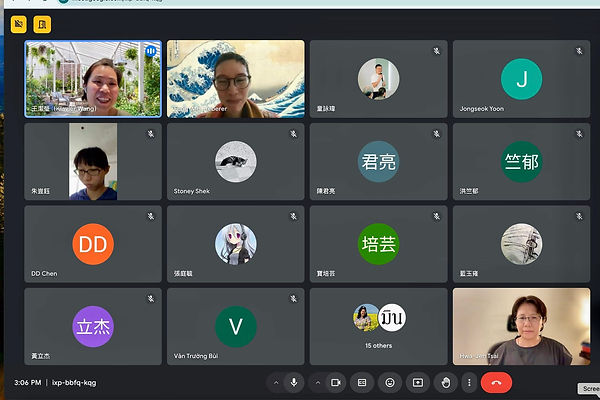
Asian Diaspora's Visual Sabotage
Speaker: Dr. Feng-Mei Heberer, Associate Professor, Martin Scorsese Department of Cinema Studies, NYU
Moderator: Hwa-Jen Tsai, Assistant Professor, Institute of Social Research and Cultural Studies, NYCU
Time: October 3, 2024 (Thurs.), 1:30 - 4:20pm
Venue: NYCU (Guangfu Campus), Humanities Building 3, HC101
講者:Dr. Feng-Mei Heberer, Associate Professor, Martin Scorsese Department of Cinema Studies, NYU
美國紐約大學 馬丁斯高西斯電影學院副教授
主持人:蔡華臻,國立陽明交通大學社會文化研究所 助理教授
時間:2024年10月3日(四)下午1:30 - 4:20
地點:人文社會學院三館 HC101
This talk explores how video art from the Asian diaspora complicates gendered and racialized projections of Asianness, with particular focus on the racial-gender imaginaries of post-Cold War neoliberal European. I take as my case study prominent artist Hito Steyerl’s “poor image” video practice, offering it as a form of visual sabotage that is not merely technological but also geopolitically informed. While critics have highlighted the ways in which Steyerl’s video work subverts the idea of indexical truth in the digital age, my interest lies in how the artist employs disruptive tactics in her work in ways that foreground historical demands for feminized and racialized servitude in the Asia Pacific.
Organizer | Institute of Visual Studies, NYCU
Co-organizer | Institute of Social Research and Cultural Studies, NYCU
Sponsors | National Yang-Ming Chiao Tung University & Ministry of Education Higher Education Sprout Project
主辦單位|國立陽明交通大學視覺文化研究所
協辦單位|國立陽明交通大學社會與文化研究所
活動由國立陽明交通大學及教育部高等教育深耕計畫經費補助
海報 Poster

照片 Photos
